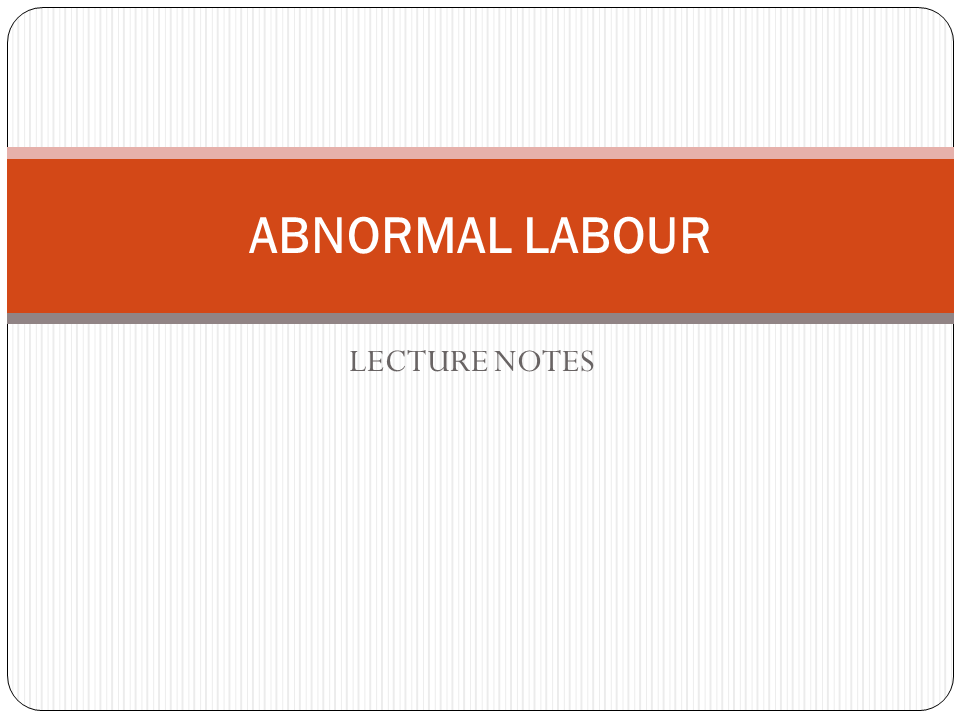- Neurology
- Clinicals
Epilepsy and Seizure Disorders: Classification and Treatment
- Reading time: 2 minutes, 34 seconds
- 171 Views
- Revised on: 2020-07-05
Epilepsy is a clinical syndrome characterized by the presence of recurrent unprovoked seizures and is one type of seizure disorder. Seizures are a result of excessive electric impulse discharge of cerebral neurons.
Classification and treatment of seizures
Seizures are classified as partial and generalized, as in the following:
1.Partial seizures:
Simple partial seizures; can be a motor, sensory and sensory-motor (consciousness not impaired).
Complex partial seizures; starting with an aura (later impairment of consciousness) and often accompanied by automatic behavior.
Partial seizures becoming progressive (Jacksonian seizures) or generalized.
2. Generalized seizures
These are initially generalized, they include:
-
- Absence seizures
- Tonic seizures
- Myoclonic seizures
- Tonic-clonic seizures
- Clonic seizures
- Atonic seizures
Clinical Features
Meticulous history from a patient and reliable witness is critical in diagnosing a seizure disorder.
Ask about the prodromal phase, aura and the type, duration, frequency, and age at onset of seizures.
Details about the post-ictal phase are important.
Ask about precipitating factors, for example, alcohol use.
Diagnostic Investigations
- Thorough physical examination including fundoscopy in newly diagnosed cases
- Skull x-ray: All cases for possible radiolucent focal lesion, raised intracranial pressure
- Full hemogram
- Malaria parasites (MPs) especially in children
- Blood sugar, urea, and electrolytes in cases where metabolic conditions are considered as a cause of a seizure disorder
- Electroencephalogram
- CT scan
- MRI scan
Treatment of Seizure Disorders:
First Aid Management
During an epileptic attack:
The placed patient should be on the left lateral position with head turned to the same side.
Remove or loosen tight-fitting clothing around the neck.
Remove dentures.
DO NOT attempt to insert any instrument into the mouth to avoid tongue biting as this may have already happened.
Do not allow the patient to be surrounded by too many eager observers.
Allow seizure to complete its course without physically attempting to hold down the patient. However, remove the patient from danger, e.g., fire.
After an Epileptic attack:
Investigate patient as outlined above and started on therapy.
General Management of Epilepsy
Treat underlying diagnosed conditions if possible, e.g., hypoglycemia, meningitis.
Establish a firm diagnosis before starting therapy.
For most patients, start on therapy as outpatients.
Start therapy if the patient has had 2 or more seizures within 1 year.
Advise the patient that treatment is usually life-long. Therapy may be discontinued after a seizure-free period of at least 2 years. Reduce dose gradually over many months. Sudden discontinuation of drugs may precipitate status epilepticus.
Complex partial seizures will require lifelong drugs.
Pharmacological Management
You will have to start therapy with one drug, usually phenobarbitone. Increase at regular intervals until seizures are controlled or side effects appear. If side effects appear and seizures are still not controlled, introduce other drugs and taper off the first drug.
Drugs used at the maximum recommended dose should be withdrawn if seizures are not controlled.
Admit if the underlying metabolic cause is suspected or raised intracranial pressure is present.
Health Education To Patients with seizure disorders
Avoid becoming drunk, especially drinking sprees during weekends.
Eat at regular intervals.
Stress, physical or mental may precipitate a fit, thus manage stress.
Avoid sleep deprivation.
Never swim alone and all precautions should be taken when swimming.
Avoid operating heavy or sharp-edged machinery.
To prevent burns, the protective shield should be made around “jikos” (braziers).






